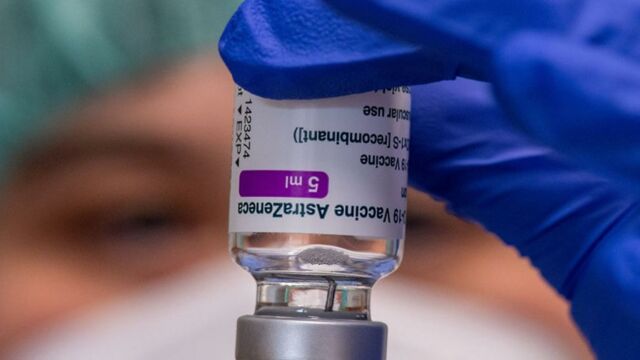This may be the start of a new scandal surrounding the AstraZeneca vaccine. Numerous incidents that have prompted several countries to temporarily suspend its use. Then, following significant delivery delays, the Swedish-British pharmaceutical group is once more at the heart of a new controversy concerning its latest results.
Discover our latest podcast
They are suspected of having used 'obsolete' data
In a press release published on Monday, March 22, 2021, the laboratory shared the results of its phase 3 trials. The results ensure that the vaccine has an effectiveness of 79% against the symptoms of COVID-19, and 100% against severe cases and hospitalisations. Very nice results, indeed, which were quickly disputed.
It is through a new press release published on Tuesday, 23 March, 2021 that the National Institute of Infectious Diseases and Allergies (NIAID) expressed its doubts, as well as the Data Supervisory Board and security (DSMB).
On Monday evening, the Data and Safety Oversight Board (DSMB) notified NIAID (...) that it was concerned about information released by AstraZeneca on initial data from its COVID-19 vaccine clinical trial. The DSMB expressed concern that AstraZeneca may have included outdated information from this trial, which may have provided an incomplete view of the efficacy data.
AstraZeneca commits to sharing more recent data
The NIAID explained that the vaccine's authorisation in the United States will or will not be validated by the Food and Drug Administration (FDA) and the Center for Disease Control and Prevention (CDC). This will be done only after a thorough examination of the results published on Monday.
The laboratory replied that it was committed to publishing more recent data within the next forty-eight hours. Indeed, AstraZeneca admitted in an update to its press release to have used data from before 17 February, 2021. This vaccine is still at the heart of multiple controversies, so more information should come soon, as labs declassify their research data.
The figures released yesterday were based on a pre-specified interim analysis with a data cut-off date of February 17 (...) We are engaging immediately with the Data and Security Oversight Board (DSMB) to share our analysis main source with the most up-to-date efficacy data. We intend to publish the results of the primary analysis within 48 hours.















